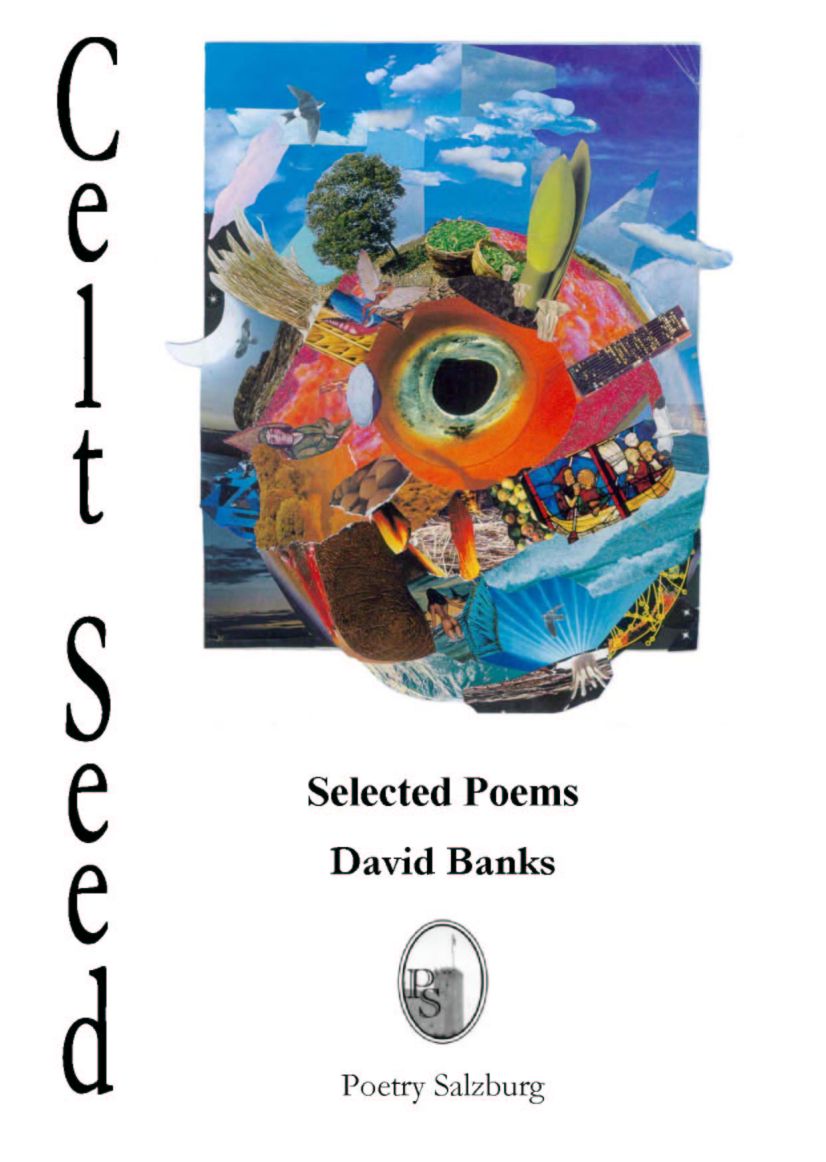
Celt Seed. Selected Poems
February 2003. 104 pp. ISBN-13 978-3-901993-13-8; ISBN-10 3-901993-13-4
£10.50 (+ 2.00 p&p), €11.00 (+ 2.00 p&p), US$ 13.00 (+ 3.00 p&p)
Banks's poetry is not musical in the nineteenth-century sense; like most, he has discarded rhymesand regular lines and devises his own prosody by returning to the original resources of the vernacular.This is where the tutelary figure of Basil Bunting comes in, not only for the example he gives of integrityand dedication to his art even in the absence of the recognition he knew he deserved, but also as a poeticmodel, as the master of the short line and language rid of all but the essential words. Banks's poetryshould not be viewed as an imitation of Bunting's, but as a continuation of it. The poems in the "Deathand Ever After" section, and particularly the five meditations, obviously the most ambitious in the collection,are also the most successful illustration of the method, combining scope with the concentration of languagemore frequently found in short poems of the haiku type. The essential point I think is that while thesemeditations certainly have a paraphrasable meaning that we can understand, I am sure that we are notexpected to understand, not expected, that is to exert our analytical mind and puzzle out the meaning;we are meant to re-live, re-experience and enjoy the meditation as it is carried not by conceptual thoughtbut by poetic language. […]
There must be something of the stylite in Banks; not asceticism exactly (the erotic poems belie that)but a need to get to essentials, to our bare meta-physical bones; one is reminded of man's history assummarized by Henri Michaux: "then he was weaned and entrusted to the sand, for he was in a desert".Banks's deserts, especially the black sands of Iceland, are powerful ambivalent symbols: either the blanklifeless expanse of the world on its last morning ("Desert black"), or, in a new version of the creation,the checker board Thor made with snow and black sand, then smashed after losing us, his chessmen,to Christianity; the windblown sand then serves as an image of the original curse, blinding man'seyes and spoiling his bread.